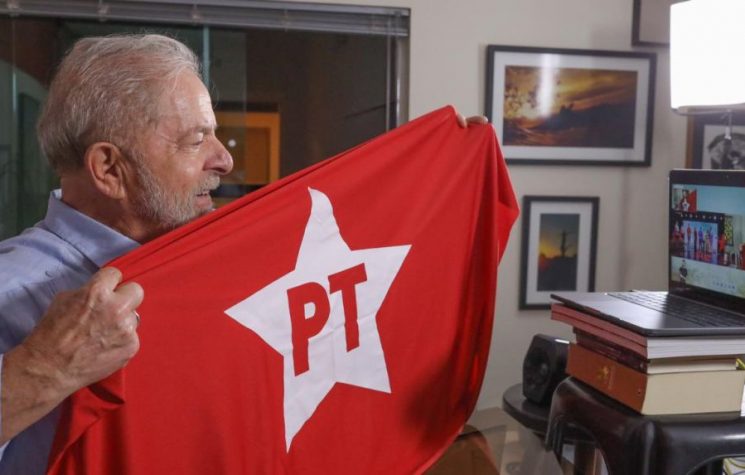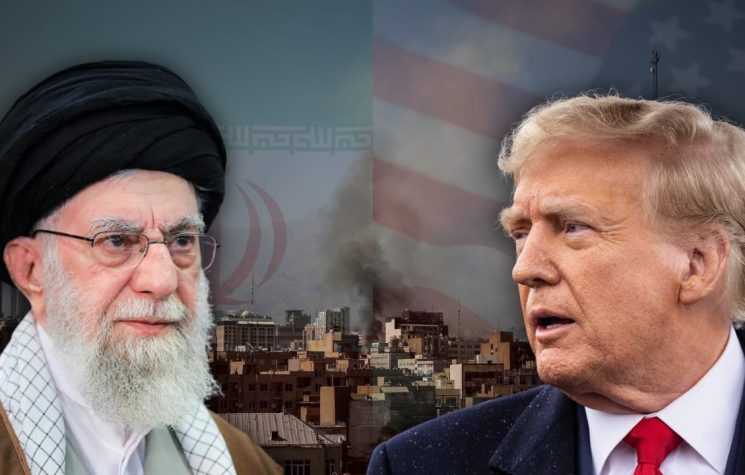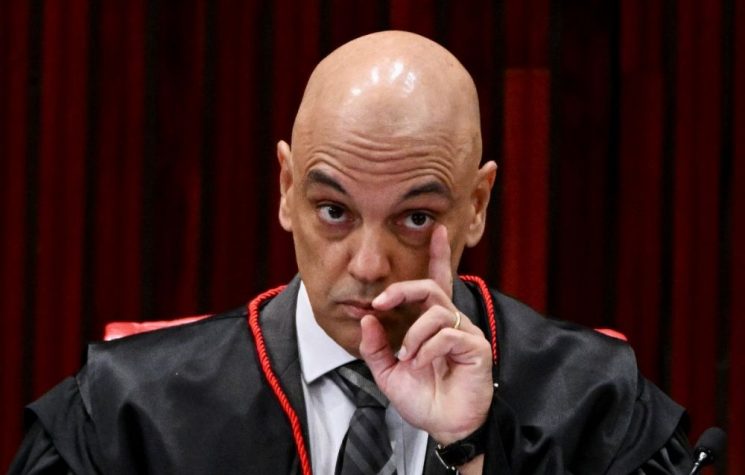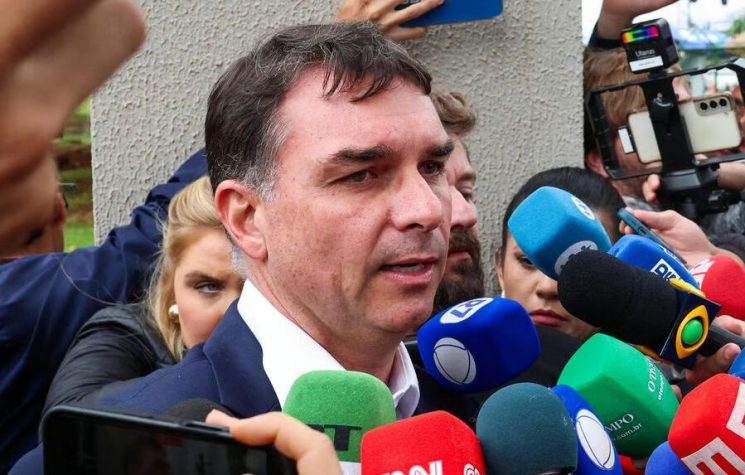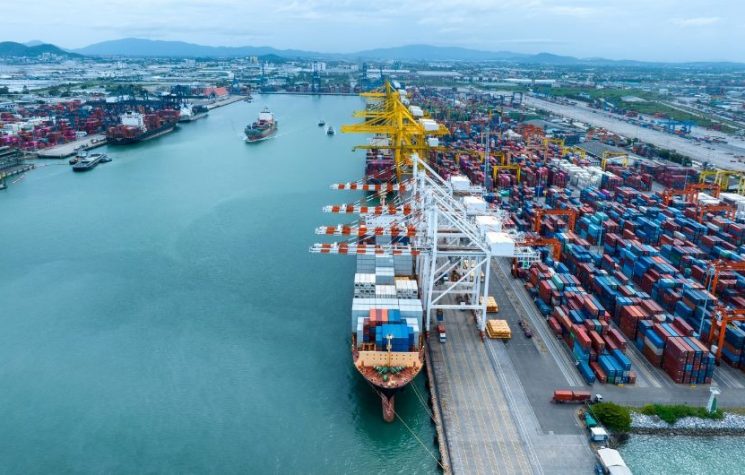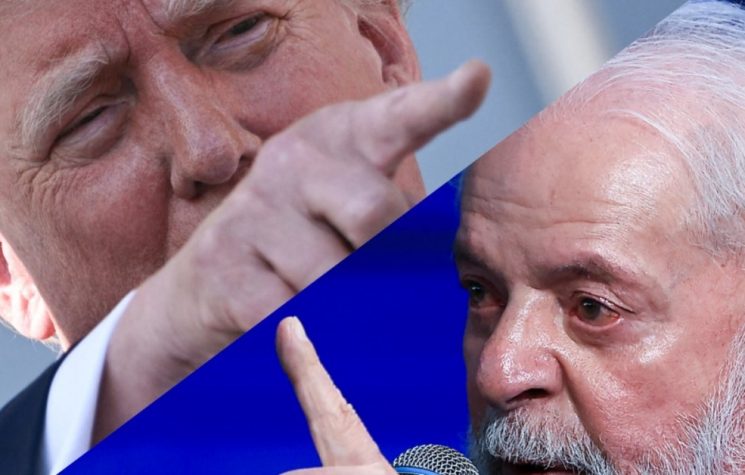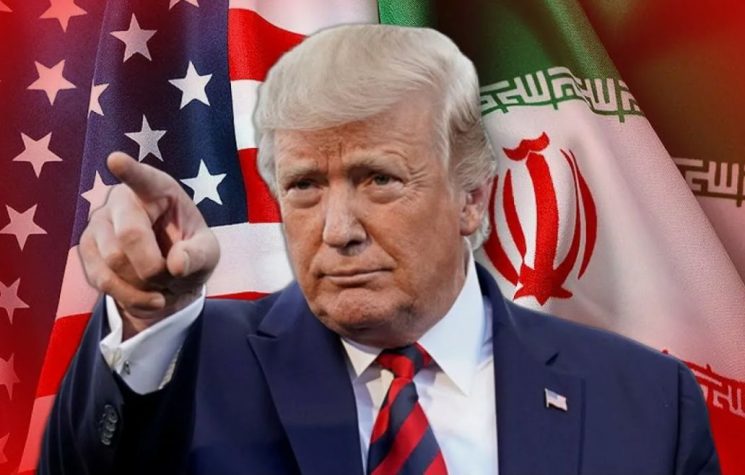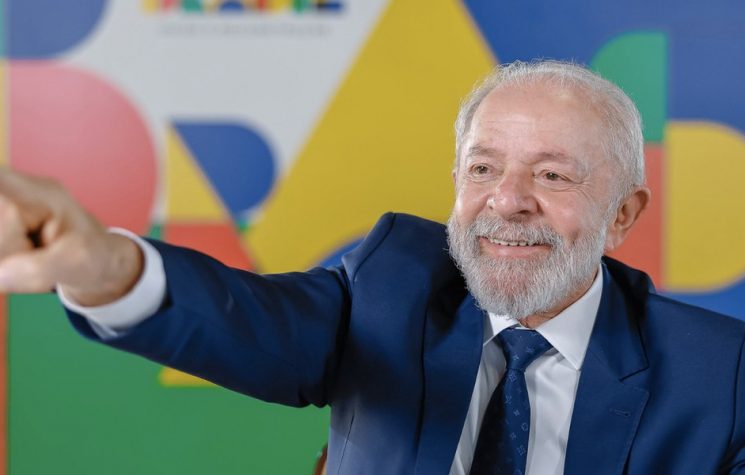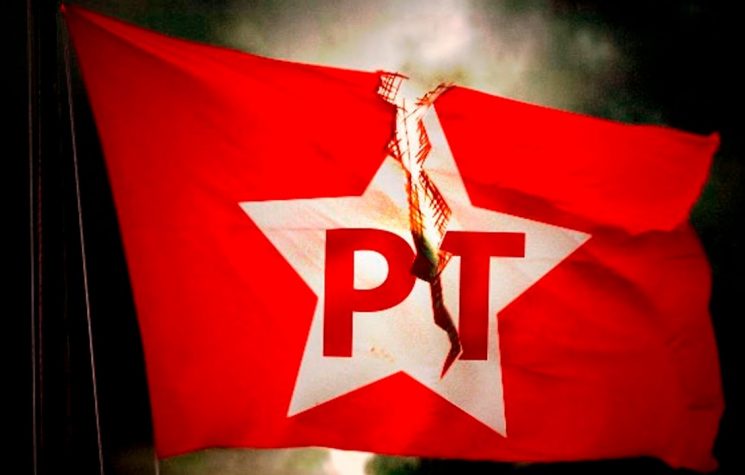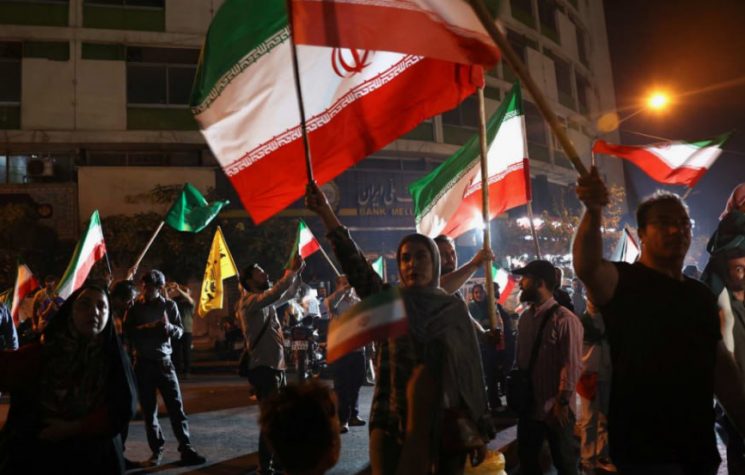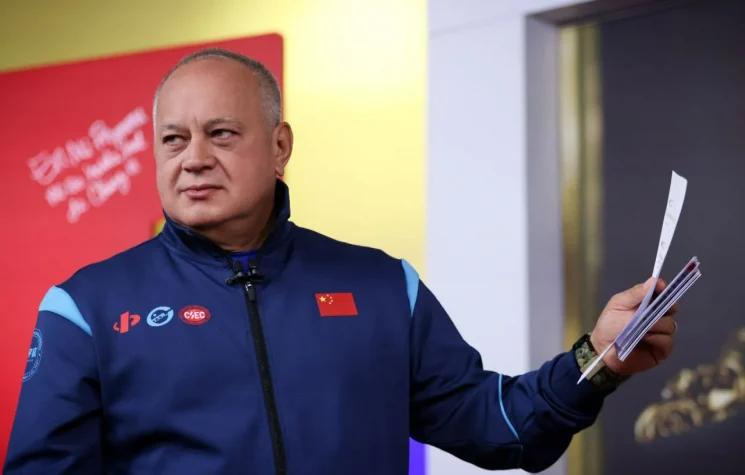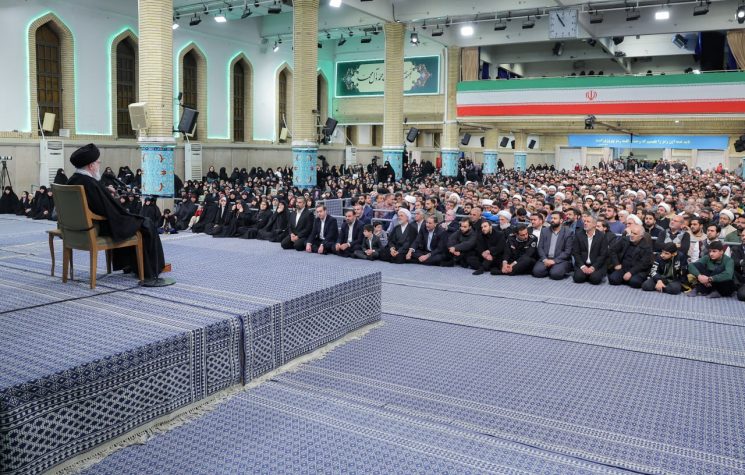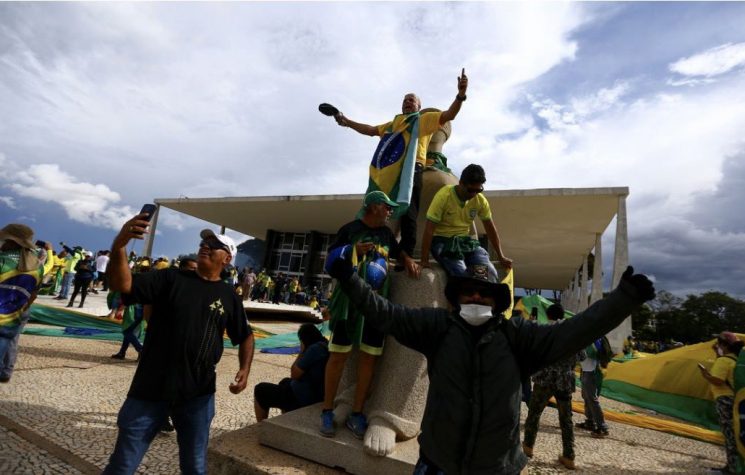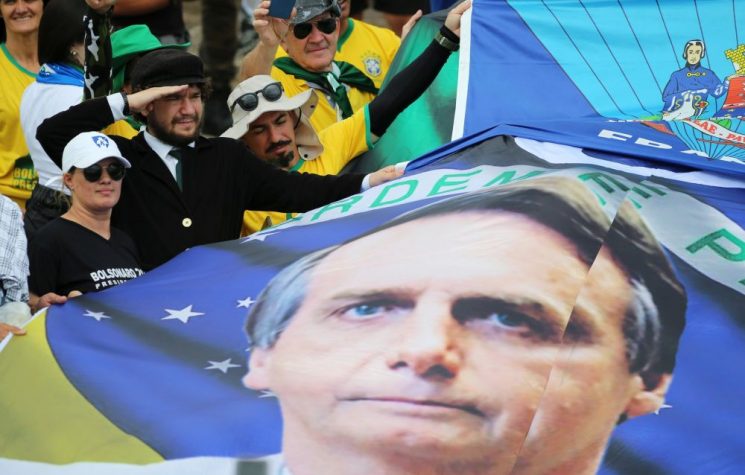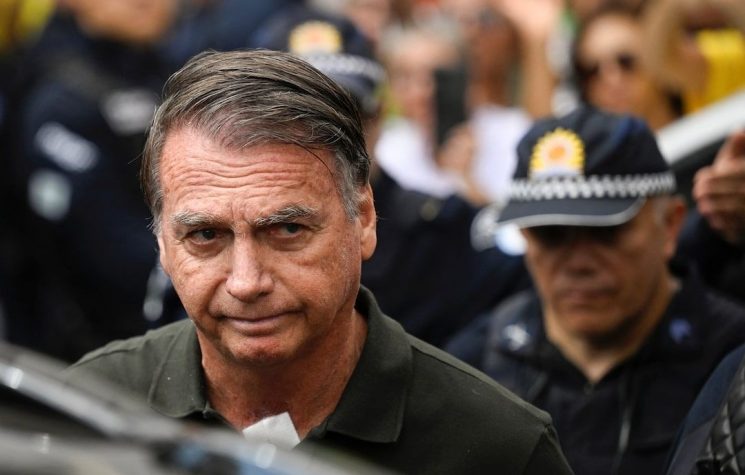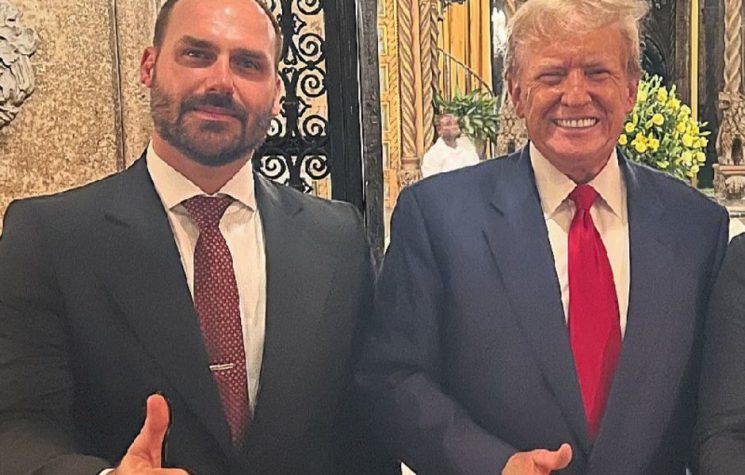Imperialism wants a regime change in Brazil and will carry it out before the 2026 elections.
Join us on Telegram![]() , Twitter
, Twitter![]() , and VK
, and VK![]() .
.
Contact us: info@strategic-culture.su
Brazil has definitively entered the radar of the United States. In a single day, three actions raised red flags for the Brazilian government. First, new statements by Donald Trump in support of Jair Bolsonaro and against Brazilian institutions; then, a similar statement from the US Embassy in Brasília; finally, the announcement of 50% tariffs on all Brazilian products, using the same political arguments against the current Brazilian government.
Although it was overshadowed by the tariff announcement, the action that worries me the most is the official statement issued by the embassy. This is the first time in the entire history of bilateral relations that the US Embassy has openly and harshly criticized the Brazilian government and authorities while defending an opposition figure. The statement echoes Trump’s remarks, saying that former president Bolsonaro and his family “have been strong partners of the United States” and that they and their supporters are suffering a “shameful” persecution.
There is no need for an embassy to issue a statement just because the White House commented on local politics. The gesture by the US Embassy is a greater interference in Brazilian politics than the remarks made by Trump. More than that: if an embassy issues such a statement, knowing full well it will spark a diplomatic crisis with accusations of interference in internal affairs, it means the American government is already working behind the scenes to concretely interfere in Brazil’s domestic politics. Or rather, it is already doing so in practice.
Indeed, by the end of 2024, efforts to destabilize Lula’s government had intensified, and 2025 began with a brief speculative attack aimed at forcing the administration to adopt fiscal austerity measures benefiting major banks and the global financial capital. The pressure did not produce the expected results. The imperialist sectors and the Brazilian bourgeoisie – minority partners in the foreign domination of the country – realized that the only solution would be to overthrow the current government. The coup process had begun.
The right-wing parties allied with the PT, as always, had been sabotaging the government from within since its start, but in recent months they began to gradually defect. In Congress, these parties are waging war against Lula. The media constantly echoes the demands of big capital: cuts to social programs, a freeze on the minimum wage, privatizations, and distancing from the “autocrats” (Putin and Xi Jinping) with whom Lula is seeking closer ties. The government, for its part, appears lost, trapped by a class-collaboration policy that makes it follow, at least partially, the playbook set by the Washington Consensus – especially through the Ministry of Finance and the Central Bank president.
The destabilization driven by bourgeois institutions (banks, agribusiness, multinationals, Congress, the press, think tanks, etc.), compounded by alliances with enemies and the preservation of the fiscal and economic structures built since the 1980s, has turned the government into a vulnerable victim of the regime change planned by US imperialism. The Lula government is extremely weak.
A Union of Interests
“Brazil has not been good to us,” declared Trump. International capital as a whole feels the same, as do its minority partners within Brazil. In this sense, there is an essential point of convergence between Trumpism and the traditional sectors of imperialism: the need to bring down Lula’s government. And the central target of all this is precisely President Lula, although many claim it’s the Supreme Court and Minister Alexandre de Moraes – these, in fact, with their utterly arbitrary actions, are working against Brazil’s interests and those of Lula’s own government. The president and his party will pay dearly for the actions of Moraes and the Supreme Court, even if they are not directly responsible for them.
Rubens Ricupero, Finance Minister and ambassador to Washington during part of the neoliberal rise and total submission to the US, believes Trump’s statements are an “electoral gift” to Lula because they reinforce the Brazilian leader’s nationalist rhetoric. But he fails to see that US interference in Brazilian politics goes far beyond Trump’s online rhetoric. Lula could only take advantage of this opportunity – which opened not now but when Trump was first elected – if he acted in practice, not just in speech, against the imperialist advance over Brazil and for the country’s true independence.
Lula’s current economic policy is not a protection of Brazil’s sovereignty. Nor are his political alliances. The Brazilian ruling classes, which have held the government hostage since the January 8 farce, are not interested in a confrontation with the United States. Their class instinct speaks louder. Brazil’s national bourgeoisie is barely national at all.
The industrial products sold by Brazil to the US, such as tractor and auto parts, are manufactured by American companies in Brazil and sold back to the US The “national” steel production is controlled by an Indian company (Arcelor Mittal) and an Italo-Argentine one (Rocca), with most of it exported. These “Brazilian” steelmakers have factories in other countries and can easily export from there to the US to bypass tariffs, shifting production en masse to ensure profits. Would this affect jobs and industry in Brazil? Of course – but who cares, when there are countries with cheaper labor and where the tariffs wouldn’t apply!
Donald Trump said that “Brazilian” companies can avoid tariffs by moving production to the US, where his government is already offering incentives. To stay in Brazil, these companies may very well demand more tax breaks from the Brazilian government. And, as they’ve already been doing throughout this destabilization campaign, demand neoliberal reforms, deregulation, lower wages, and fewer labor rights. After all, as Brazil’s “national” bourgeoisie likes to say, the cost of operating in Brazil is too high…
These messages were already sent during the first round of Trump tariffs against Brazil. Bourgeois institutions suggested the Brazilian government should please Trump so he would reduce tariffs. How? By eliminating “high tariffs, regulatory bureaucracy, local content requirements, subsidies,” said O Estado de S. Paulo. “In addition to facilitating access to the US market, the measure would benefit Brazilian consumers with cheaper imports,” agreed O Globo. What a fine display of “national” bourgeoisie we have! These are the same newspapers that openly supported the US-backed military coup in 1964.
The convergences with Trumpism far outweigh the divergences, despite the “anti-fascist” appearance. Trump’s tariffs will generate unemployment in Brazil – which employers have long demanded to lower wages. They will slow the economy, which is criticized for being overheated due to rising consumption. International finance capital, through its operatives at the Central Bank, works tirelessly to bring down inflation using one of the highest interest rates in the world. Right after Trump’s new tariff announcement, the stock market fell and the dollar rose, which could lead to rising inflation and higher fuel and food prices if the trend continues. Financial speculation, which dominates Brazil’s economy, thanks them for it.
The US Chamber of Commerce in Brazil called for a “negotiated solution” between the two countries – the same stance taken by Brazilian business leaders. This means Brazil will have to concede so that the US reduces tariffs. But concede what, if Brazil hasn’t taken any action against the US? Concede precisely what serves the interests of further opening the domestic market with the long-touted neoliberal reforms.
At this rate, an alliance is being sealed between Trumpism – protector of Bolsonarism – and the agents of traditional imperialist sectors in Brazil: the “centrão” parties, the mainstream media, and state institutions. Bolsonarists gain more bargaining power, thanks to the support of the most powerful government in the world, in their dealings with the “centrão.” The “centrão,” in turn, benefits from Bolsonaro’s ineligibility and the support of key US business sectors (BlackRock, Bank of America, Citigroup all applauded Tarcísio de Freitas at Brazil Week in New York). As The Economist recently concluded: “[if Bolsonaro names a successor] and the right unites around that candidate before the 2026 elections, the presidency will be theirs.”
It is entirely predictable that, in an attempt to block the alliance between Bolsonarism and the “centrão,” Lula and his party will seek a deal with the latter, appealing to the supposed nationalism of the local oligarchies. However, the well-known destabilization campaign is being driven by the “centrão” itself.
It was already evident that a coup campaign similar to the one that ousted Dilma Rousseff was underway. Back then, the “centrão” overthrew the PT president, and Michel Temer virtually privatized Petrobras, enacted partial labor and pension reforms, promoted outsourcing, and established the spending cap – some of the harshest neoliberal measures in nearly two decades. But the “centrão” was already aligned with Bolsonarism, and in fact, that campaign fueled the far-right’s rise – culminating in Bolsonaro’s election after Lula was imprisoned by the same judiciary that now poses as his ally. Bolsonaro continued Temer’s neoliberal shock, privatizing Eletrobras and other firms, handing over the Central Bank, and consolidating the pension reform.
Therefore, Lula will not be able to rely on the “centrão” to defend himself from the ongoing coup. Who else can he rely on, if not the people themselves? But the actions of Lula, his Finance Minister, and his “broad front” government with its enemies do nothing to win the active support of the Brazilian people. The only path left to Lula and the PT is to break definitively with these sectors, implement emergency measures that repeal the main neoliberal reforms, and grant labor and social rights to the broad masses, striking at their enemies and strengthening popular organization – the only force capable of coming to their rescue.
Imperialism wants a regime change in Brazil and will carry it out before the 2026 elections. The different interests within global imperialism are converging on this necessity. After a first semester of ambiguous foreign policy, Donald Trump seems to have yielded to pressure from the hawks inside and outside the White House by attacking Iran and taking an interventionist turn in the war against Russia in Ukraine. The imperialist regime is in a very fragile state, and the arms race signals the preparation of a global war as the big capitalists try to save themselves from total decline. The United States needs to secure its rear in the Western Hemisphere and cannot allow any source of instability stemming from China’s rise in Latin America – and Brazil is the region’s great nation and China’s partner. Hence the rise of openly pro-American regimes in Argentina, Ecuador, Paraguay, and El Salvador. Hence the plot to overthrow inconvenient governments, such as Brazil’s.


















